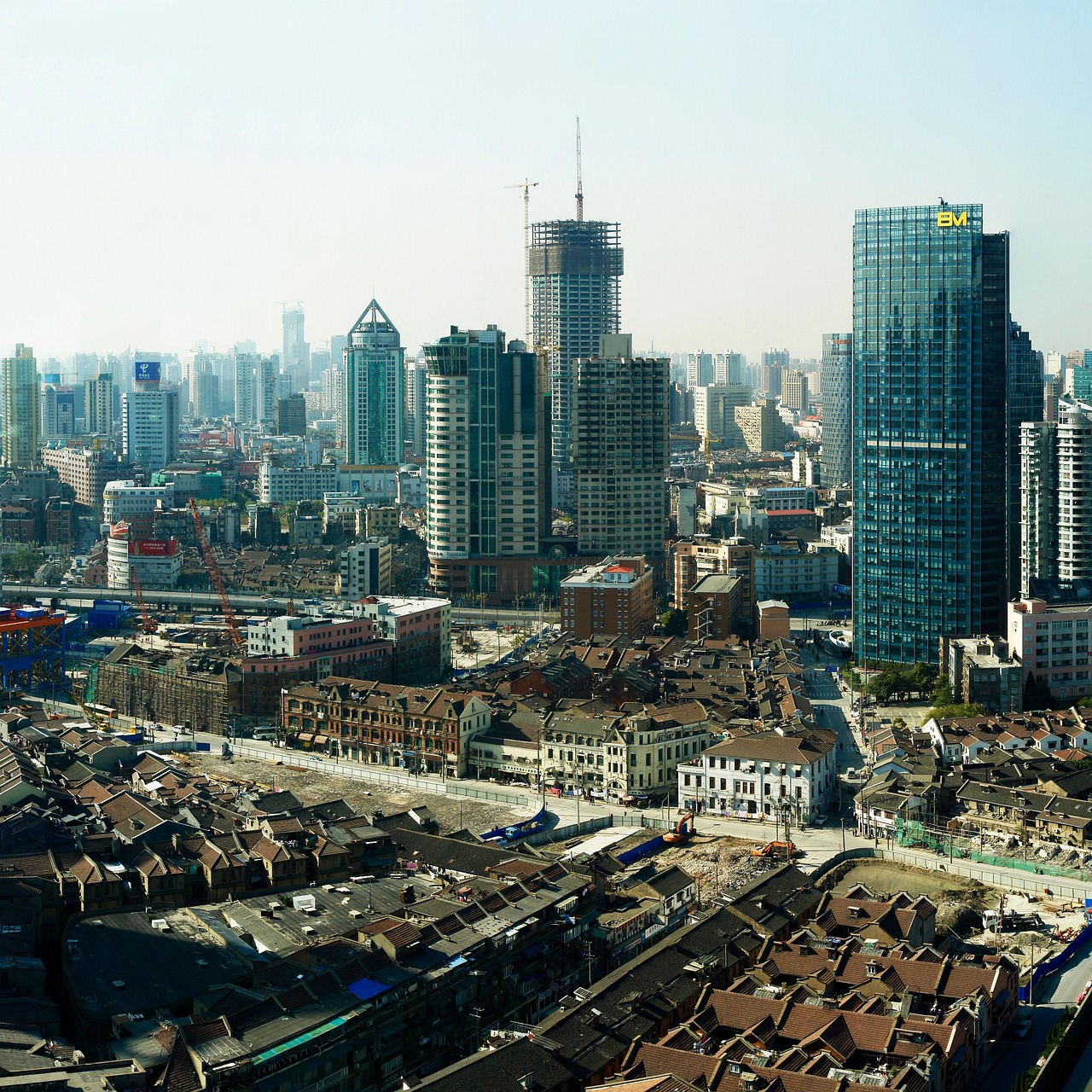新冠疫情英文报道(新冠疫情英文报道范文)
全球挑战与应对策略
自2019年底首次被发现以来,新型冠状病毒(COVID-19)迅速在全球范围内蔓延,对公共卫生、经济、社会及国际关系产生了前所未有的影响,本文旨在全面分析新冠疫情的全球性挑战,探讨各国采取的应对措施,并评估这些措施的有效性,同时展望后疫情时代的全球合作与复苏之路。
疫情全球蔓延的严峻性
The COVID-19 pandemic has not only overwhelmed healthcare systems in many countries but has also triggered economic downturns, social unrest, and a reevaluation of global interconnectedness. According to the World Health Organization (WHO), as of [insert current date], the virus has infected over [insert current number of cases] individuals and claimed the lives of over [insert current number of deaths]. The rapid spread is attributed to the highly contagious nature of the virus, effective transmission through airborne droplets, and the sheer scale of international travel and trade.
公共卫生应对措施
Lockdown and Social Distancing: To curb the spread, governments implemented lockdowns and strict social distancing measures. These included closing non-essential businesses, banning mass gatherings, and enforcing curfews. While these measures were effective in reducing the rate of infection initially, they came at a high economic and social cost, leading to mental health concerns, job losses, and disrupted education for millions of children.
Vaccine Development and Distribution: The race for a vaccine was unprecedented, with multiple candidates reaching efficacy milestones within record time. However, the distribution of these vaccines has exposed deep inequalities, with low-income countries struggling to access them due to lack of resources and logistical challenges. The COVAX initiative aimed to address this disparity but faced setbacks due to donor fatigue and production bottlenecks.
Economic Impacts and Recovery Efforts

Economic Downturn: The pandemic caused a global recession, with many countries experiencing their sharpest contraction in decades. Governments responded with massive stimulus packages, including cash transfers to vulnerable populations, tax relief for businesses, and loan guarantees. However, the recovery has been uneven, with some sectors, such as tourism and hospitality, struggling to regain their pre-pandemic footing.
Digital Transformation Acceleration: The pandemic accelerated the adoption of digital technologies across various sectors. Online education, remote work, and e-commerce saw a surge in usage, transforming industries and reshaping consumer behavior permanently. This digital transformation presents both opportunities for innovation and challenges related to data privacy and digital divides.
Social and Political Implications
Public Trust in Institutions: The pandemic tested the resilience of public health systems and governments' ability to communicate effectively. Misinformation and disinformation campaigns fueled public anxiety and mistrust in authorities. Transparency, accountability, and trust-building measures became crucial in managing crises effectively.

Social Cohesion: The pandemic also highlighted the importance of social cohesion and community support. Volunteering, mutual aid networks, and solidarity efforts emerged as vital lifelines for many communities during lockdowns. However, it also exposed deep-seated inequalities and vulnerabilities within societies.
International Cooperation and Lessons Learned
Global Health Security: The pandemic underscored the need for a stronger global health security architecture. Increased investment in public health infrastructure, improved surveillance systems, and enhanced international cooperation are essential to prevent future pandemics. The WHO's role needs to be reinforced with more resources and authority.
Equitable Access to Resources: The unequal distribution of vaccines underscores the need for a more equitable global order. International cooperation through initiatives like COVAX is crucial for ensuring that no country is left behind in the fight against COVID-19.

Resilience Building: Lessons from the pandemic emphasize the importance of building resilience in societies, economies, and healthcare systems. This includes investing in public health infrastructure, strengthening emergency preparedness, promoting digital inclusion, and fostering social cohesion.
Conclusion
The COVID-19 pandemic has posed an unprecedented challenge to global health, economy, and society. While significant progress has been made in vaccine development and distribution, the road to recovery remains long and complex. Concerted efforts towards building a more resilient global system, ensuring equitable access to resources, and strengthening public trust are paramount for mitigating future crises. As we emerge from this pandemic, the world must strive for a more inclusive, equitable, and sustainable future that leaves no one behind.
本文详细探讨了新冠疫情的全球影响、各国应对措施、经济与社会变迁、以及国际合作的重要性,旨在为读者提供一个全面而深入的理解,同时强调了在后疫情时代构建更加坚韧、公平的世界秩序的紧迫性。





还没有评论,来说两句吧...